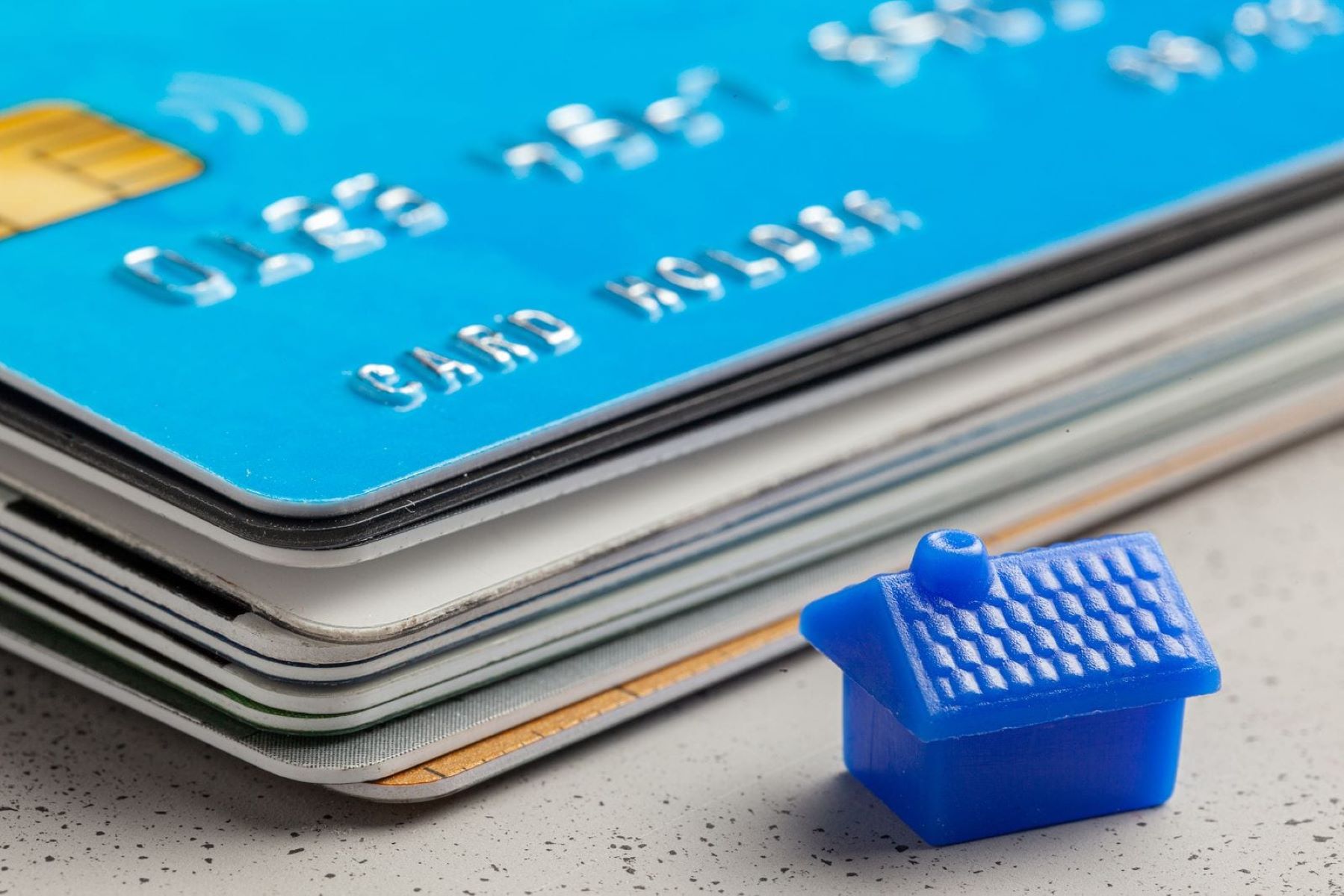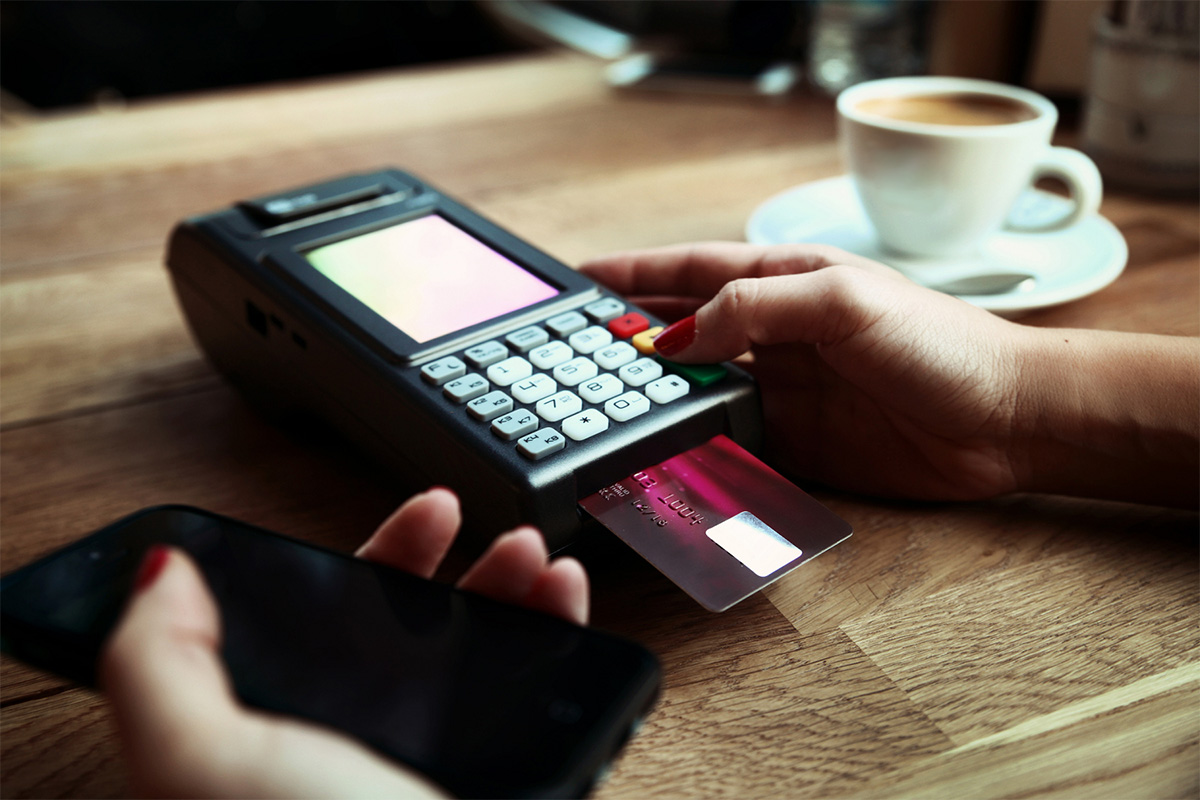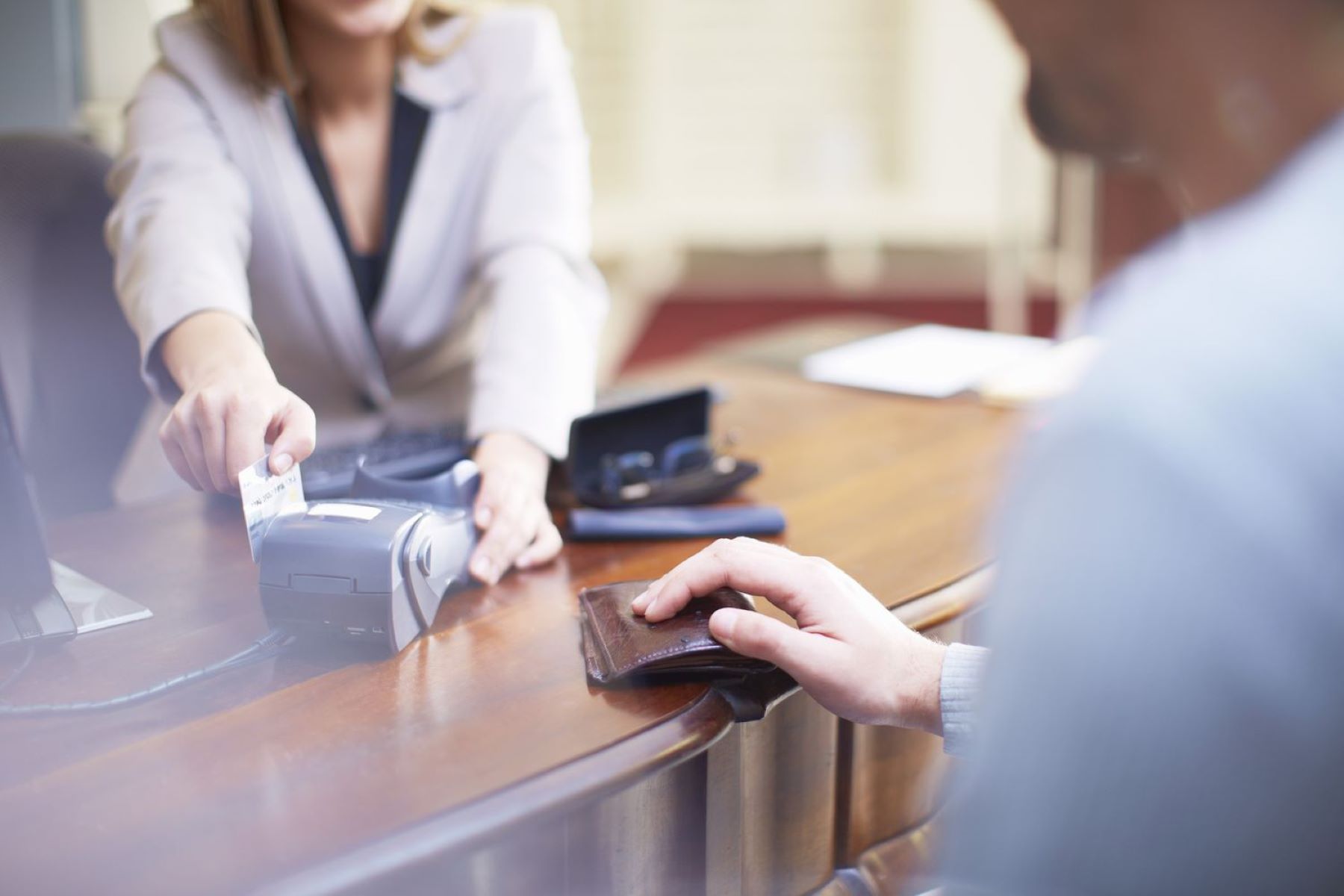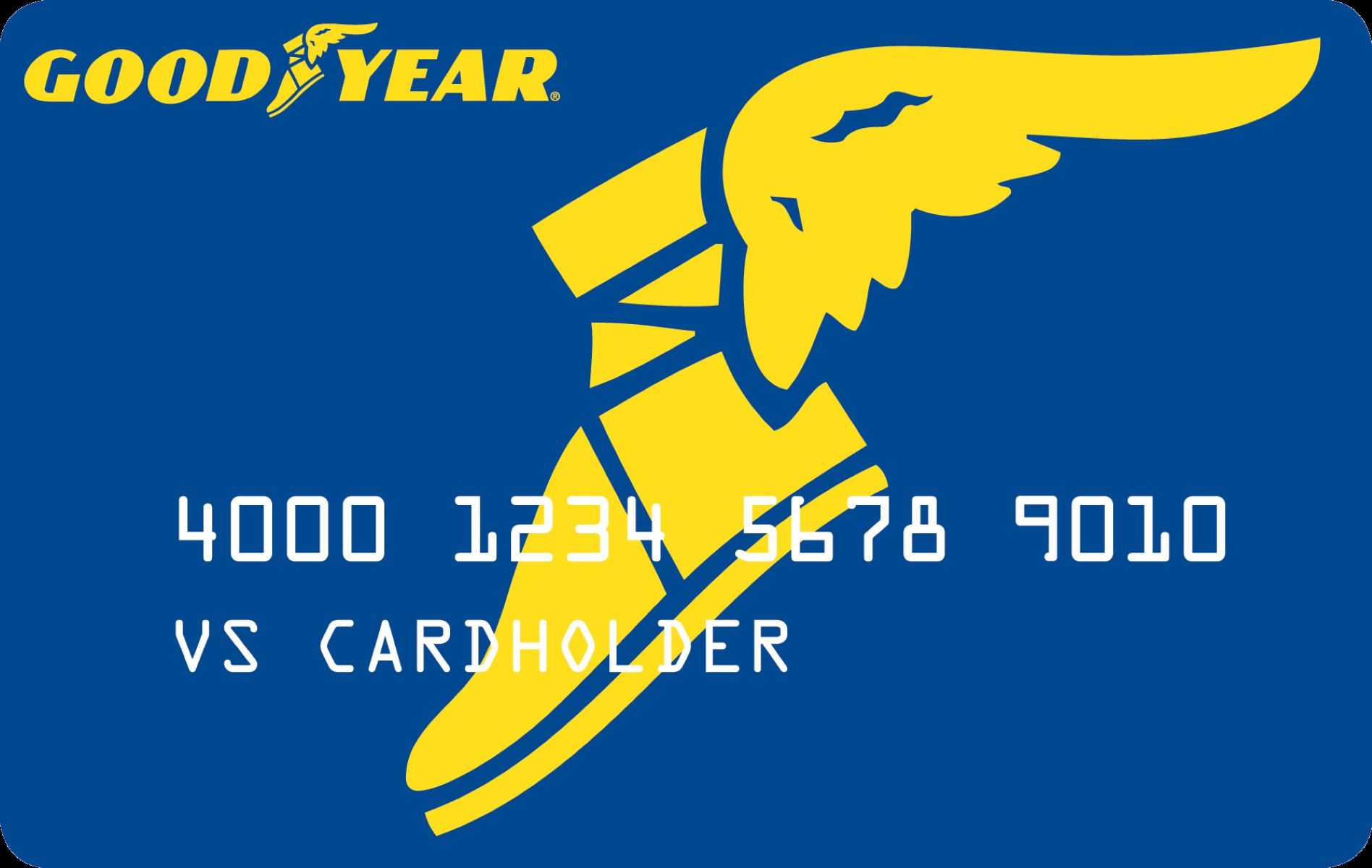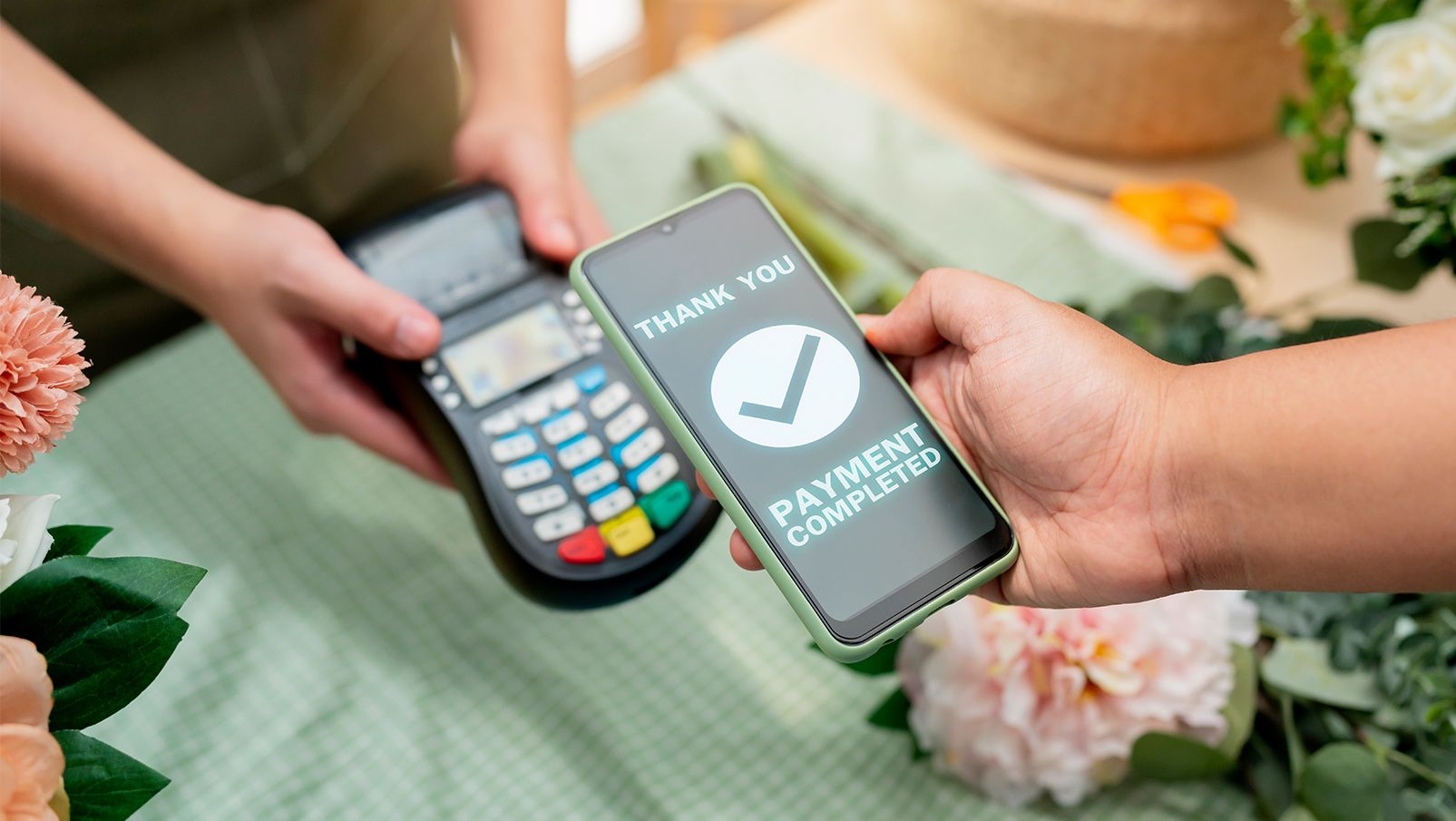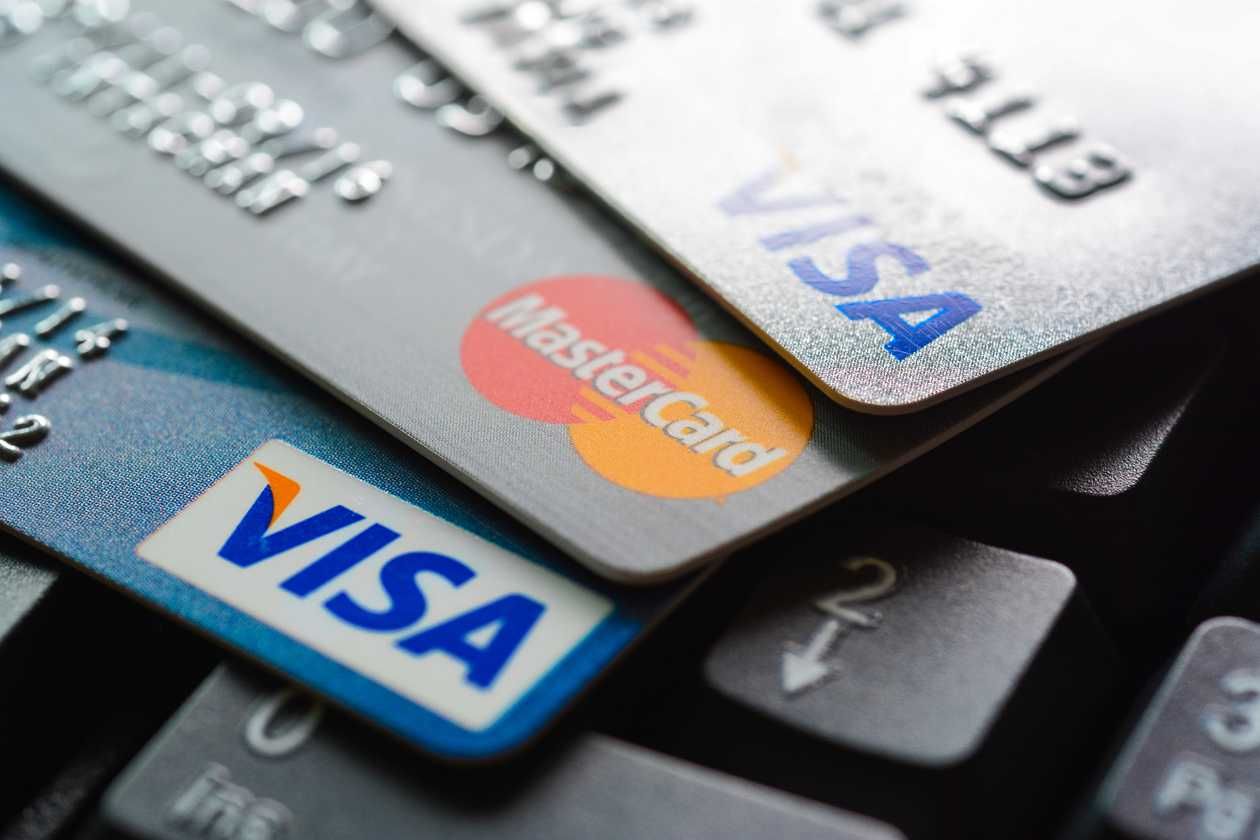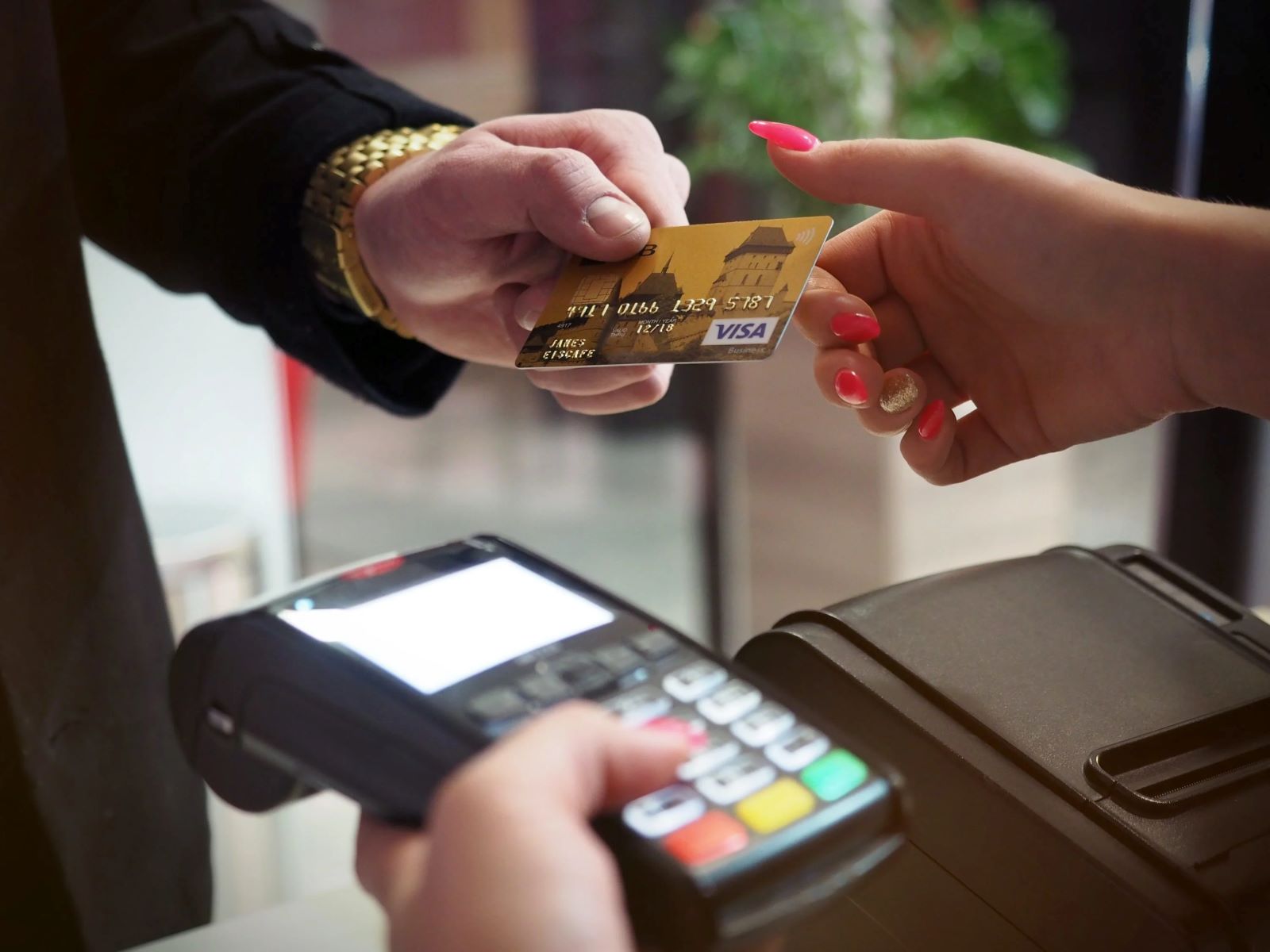

Finance
Where Can You Buy Money Order With Credit Card
Published: October 23, 2023
Looking to buy a money order with your credit card? Find out where you can conveniently purchase money orders using your credit card for your financial needs.
(Many of the links in this article redirect to a specific reviewed product. Your purchase of these products through affiliate links helps to generate commission for LiveWell, at no extra cost. Learn more)
Table of Contents
Introduction
Money orders have long been a reliable and convenient method of making payments, especially for individuals who prefer not to carry large amounts of cash or who do not have access to a bank account. One challenge that many people face when purchasing a money order is the limitation of payment options. While cash is typically accepted, not all establishments accept credit card payments for money orders.
In this article, we will explore the various options available for buying money orders with a credit card. We’ll discuss the advantages and uses of money orders, as well as provide a list of places where you can buy money orders using your credit card. Additionally, we’ll delve into the considerations and fees associated with buying money orders with a credit card and offer some alternative methods for making payments if using a credit card for a money order is not an option.
Whether you’re looking to send money to a friend or family member, pay a bill, or make a purchase, understanding how to buy a money order with a credit card can provide you with added convenience and flexibility. With that in mind, let’s dive into the details and discover where you can buy money orders with a credit card.
Understanding Money Orders
Before we delve into the details of purchasing money orders with a credit card, let’s take a moment to understand what money orders are and how they work.
A money order is a form of payment that is similar to a check, but it is prepaid and guaranteed by the issuer. It is a secure and convenient way to make payments, especially for those who don’t have a bank account or prefer not to use cash. Money orders can be purchased in various denominations and are typically issued by financial institutions, post offices, and other authorized providers.
Money orders are typically made out to a specific recipient or payee and can be used to pay bills, make purchases, or send money to friends or family members. Once the recipient receives the money order, they can deposit it into their bank account or cash it at a location that accepts money orders.
One of the advantages of using a money order is that it provides a paper trail and proof of payment, making it a secure option for transactions. Additionally, since money orders are prepaid, they do not require a credit check or bank account, making them accessible to a wider range of individuals.
It’s important to note that money orders typically come with a small fee, which can vary depending on the provider and the amount of the money order. This fee covers the cost of processing the transaction and providing the guarantee of payment.
Now that we have a basic understanding of what money orders are, let’s explore the advantages and uses of money orders in more detail.
Advantages and Uses of Money Orders
Money orders offer a range of benefits that make them an attractive option for various financial transactions. Here are some of the advantages and common uses of money orders:
1. Safe and Secure:
Money orders provide a secure method of payment as they are prepaid and guaranteed by the issuer. Unlike cash, money orders can be replaced if lost or stolen, providing peace of mind for both the sender and recipient.
2. Proof of Payment:
Money orders provide a clear paper trail, serving as proof of payment. This can be advantageous when making payments for bills, rent, or other financial obligations.
3. No Bank Account Required:
Money orders are accessible to individuals who do not have a bank account. This makes them a practical option for those who are unbanked or prefer not to use traditional banking services.
4. Widely Accepted:
Money orders are accepted by a variety of recipients, including utility companies, landlords, and businesses. They can also be used to send money to individuals who may not have a bank account or prefer not to receive cash.
5. International Payments:
Money orders can be a reliable option for making international payments. Many financial institutions offer international money orders, allowing individuals to send money abroad securely.
6. Budgeting and Financial Control:
Money orders can help individuals maintain budgeting and financial control. Since money orders are prepaid, it eliminates the risk of overspending or overdrawing from a bank account.
7. Privacy:
Money orders provide a level of privacy as they do not disclose personal banking information. This can be beneficial for individuals who value their privacy or want to keep their financial transactions confidential.
Overall, money orders offer a secure and flexible method of making payments or sending money. Whether you need to pay bills, make purchases, or send money to individuals, money orders can be a practical solution. In the next section, we will explore the options for buying money orders with a credit card.
Buying Money Orders with Credit Cards
Purchasing money orders with a credit card can provide added convenience and flexibility, especially if you prefer to use your credit card for transactions. While not all places accept credit card payments for money orders, there are still options available. Let’s explore how and where you can buy money orders with a credit card.
1. Banks and Credit Unions:
Many banks and credit unions allow their customers to purchase money orders with a credit card. Check with your financial institution to see if this service is available and if any fees or limitations apply. Keep in mind that some banks may consider the purchase of a money order as a cash advance, which may incur additional charges and higher interest rates.
2. Money Order Providers:
Some money order providers, such as Western Union and MoneyGram, accept credit cards as a payment method for purchasing money orders. These providers often have physical locations in retail stores, grocery stores, and post offices, making it convenient to buy money orders with your credit card. Be aware that these providers typically charge a fee for each money order transaction.
3. Online Platforms:
Various online platforms allow you to purchase money orders using a credit card. These platforms typically require you to create an account, provide the necessary recipient details, and make a payment using your credit card. Once the transaction is completed, the money order is typically mailed to the recipient. It’s important to verify the legitimacy and security of these online platforms before making any transactions.
4. Convenience Stores and Retailers:
Some convenience stores and retailers, such as Walmart, may allow you to purchase money orders using a credit card. These establishments often have money order services available at their customer service or financial services counters. However, it’s advisable to check with your local store to confirm if credit card payments are accepted.
When purchasing a money order with a credit card, it’s essential to consider the fees associated with the transaction. Credit card issuers may classify the purchase as a cash advance, which could result in higher fees and interest rates. Additionally, the money order provider may charge a service fee for processing the transaction.
Now that we’ve explored where you can buy money orders with a credit card, let’s move on to the considerations and fees involved in these transactions.
List of Places to Buy Money Orders with a Credit Card
If you’re looking to purchase a money order with a credit card, it’s essential to know which establishments accept credit card payments for this transaction. Here is a list of common places where you can buy money orders with a credit card:
1. Banks and Credit Unions:
Many banks and credit unions allow customers to buy money orders with a credit card. Visit your local branch or check their website for more information on their specific policies and fees.
2. Money Order Providers:
Money order providers like Western Union and MoneyGram typically accept credit card payments for money orders. These providers have numerous locations, including retail stores, grocery stores, and post offices.
3. Online Platforms:
Several online platforms specialize in money order services and accept credit card payments. Research reputable platforms and ensure they have secure payment processes and reliable customer feedback before making a transaction.
4. Convenience Stores and Retailers:
Some convenience stores, such as Walmart, and other retailers offer money order services and may accept credit card payments for this service. It’s advisable to inquire at the customer service or financial services counter of these establishments.
5. Check-Cashing Stores:
Many check-cashing stores also provide money order services and accept credit card payments. Check with local check-cashing stores in your area to see if they offer this option.
6. Grocery Stores:
Some grocery stores have a dedicated customer service desk that offers money order services. Inquire with your local grocery stores to determine if they accept credit card payments for money orders.
It’s important to note that availability may vary depending on the location and establishment. While these places generally accept credit card payments for money orders, it’s always a good idea to contact them directly to verify their specific policies and fees.
Now that we know where to buy money orders with a credit card, let’s explore the considerations and fees associated with these transactions.
Considerations and Fees
When purchasing money orders with a credit card, it’s crucial to consider the potential fees and additional factors. Here are some important considerations to keep in mind:
1. Cash Advance Fees:
Some credit card issuers classify money order purchases as cash advances, which can result in higher fees and interest rates. Before proceeding with a credit card payment, check with your credit card provider to understand if any cash advance fees will apply.
2. Provider Fees:
Money order providers often charge a fee for their services. This fee can vary depending on the provider and the amount of the money order. Be sure to inquire about any fees associated with the purchase before finalizing the transaction.
3. Purchase Limits:
Certain places may have purchase limits when buying money orders with a credit card. These limits can vary, so it’s advisable to check with the establishment beforehand.
4. Credit Card Rewards and Benefits:
Using a credit card to purchase money orders may allow you to earn rewards or take advantage of special benefits offered by your credit card company. Review your credit card policies to see if any rewards or benefits apply to money order transactions.
5. Security and Privacy:
Ensure that you are purchasing money orders from reputable establishments to safeguard your personal and financial information. Stick to well-known banks, credit unions, and established money order providers to reduce the risk of fraud or scams.
It’s important to carefully consider these factors and evaluate the potential costs before deciding to purchase a money order with a credit card. Understanding the fees and associated implications will help you make an informed decision.
If paying by credit card for a money order doesn’t seem feasible or practical, there are alternative methods for making payments. Let’s explore some of these options in the next section.
Alternatives to Buying Money Orders with Credit Cards
If buying money orders with a credit card is not a viable option for you, there are alternative methods for making payments. Consider the following alternatives:
1. Debit Cards:
Using a debit card linked to your bank account can be an alternative to purchasing money orders with a credit card. Debit cards offer a convenient and secure way to make payments without incurring cash advance fees or interest charges.
2. Online Payment Services:
Popular online payment services like PayPal, Venmo, and Cash App allow you to send money electronically to individuals or businesses. These services often have lower fees compared to money orders and are widely accepted, making them a convenient option for digital transactions.
3. Bank Transfers:
If you have a bank account, you can use online banking services to transfer funds directly to the recipient’s bank account. This method is secure and eliminates the need for physical money orders or cash transactions.
4. Electronic Bill Payment:
Many utility companies and service providers offer electronic bill payment options through their websites or mobile apps. This allows you to make electronic payments directly to the recipient, without the need for money orders.
5. Cashier’s Checks:
If you need to make a larger payment, consider obtaining a cashier’s check from your bank. Cashier’s checks are widely accepted and are a secure form of payment, similar to money orders. However, keep in mind that banks may charge a fee for issuing cashier’s checks.
6. Wire Transfers:
In certain situations, especially for international payments, a wire transfer may be necessary. Many banks offer wire transfer services that allow you to send money directly to a recipient’s bank account. However, wire transfers often come with higher fees compared to other payment methods.
It’s important to assess your individual needs and the specific requirements of the payment recipient when considering alternative payment options. It’s also worth noting that the availability and costs of these alternatives can vary, so it’s advisable to research and compare the fees and terms associated with each method.
Now that we’ve explored alternative payment options, let’s move on to some tips for using money orders safely.
Tips for Using Money Orders Safely
When using money orders for your financial transactions, it’s important to prioritize safety and protect yourself from potential risks. Here are some valuable tips to help you use money orders safely:
1. Purchase from Reputable Sources:
Only buy money orders from reputable sources such as banks, post offices, or established money order providers. Avoid purchasing money orders from unknown individuals or unreliable sources.
2. Keep Receipts and Documentation:
Always retain your receipt and any accompanying documentation when purchasing a money order. These documents serve as proof of purchase and can be useful in case of any issues or disputes.
3. Fill Out the Money Order Carefully:
Ensure that you fill out the money order accurately and legibly. Provide the correct recipient information and make sure the amount is written clearly. Mistakes or errors could lead to delays or difficulties when processing the money order.
4. Record Serial Numbers:
Take note of the serial numbers printed on the money order for your records. This can help in tracking the money order and providing proof of payment, in case it is lost or stolen.
5. Use Secure Mail or Delivery Services:
If you need to send a money order through the mail, opt for a secure and traceable mail or delivery service. This reduces the risk of loss and ensures that the money order reaches the intended recipient safely.
6. Protect the Money Order:
Keep the money order in a secure place to prevent loss or theft. Treat it as you would treat cash and avoid displaying it openly or leaving it unattended.
7. Confirm Receipt:
Once the recipient receives the money order, confirm with them that they have received it. This will allow you to keep track of the transaction and ensure that the money order has been successfully delivered.
8. Beware of Scams:
Be vigilant and cautious of any potential scams involving money orders. Be wary of suspicious requests for money orders and always verify the legitimacy of the transaction or recipient before proceeding.
By following these tips, you can use money orders safely and minimize any potential risks associated with their use. Remember to exercise caution, safeguard your documentation, and be aware of common scams.
As we wrap up this article, let’s summarize what we’ve discussed so far.
Conclusion
Money orders can be a convenient and secure method of making payments, and purchasing them with a credit card can offer added flexibility. While not all places accept credit card payments for money orders, there are various options available to meet your needs.
In this article, we explored the benefits and uses of money orders, including their safety, proof of payment, and accessibility to individuals without bank accounts. We discussed the places where you can buy money orders with a credit card, such as banks, money order providers, online platforms, convenience stores, and retailers. We also highlighted some considerations and the potential fees associated with these transactions.
If using a credit card for a money order isn’t feasible, we explored alternative payment methods, including debit cards, online payment services, bank transfers, cashier’s checks, and wire transfers. It’s essential to consider your specific requirements and the costs associated with each method before making a decision.
To use money orders safely, we provided valuable tips such as purchasing from reputable sources, keeping receipts and documentation, filling out money orders accurately, and using secure mail or delivery services. We also emphasized the importance of protecting money orders, confirming receipt, and being cautious of scams.
By understanding the options available and following safety precautions, you can effectively and securely use money orders for your financial transactions.
Remember to assess your specific needs, evaluate the costs and convenience of each option, and prioritize safety and good financial practices when using money orders or any other payment method.
Now armed with this knowledge, you can confidently navigate the world of money orders and make informed decisions that meet your financial needs.

